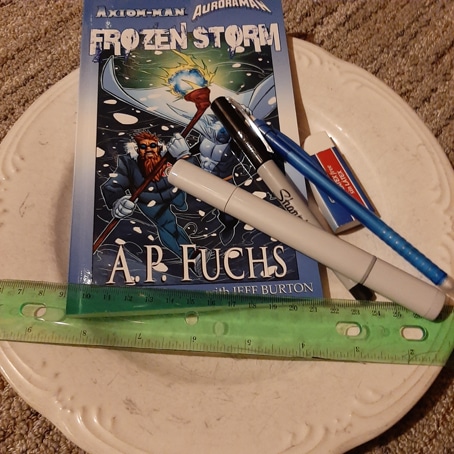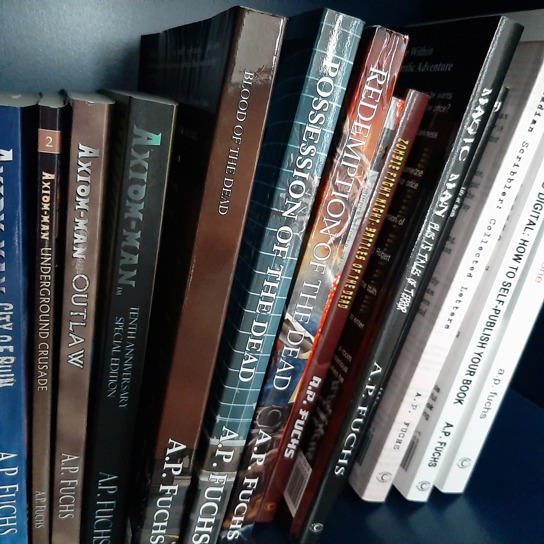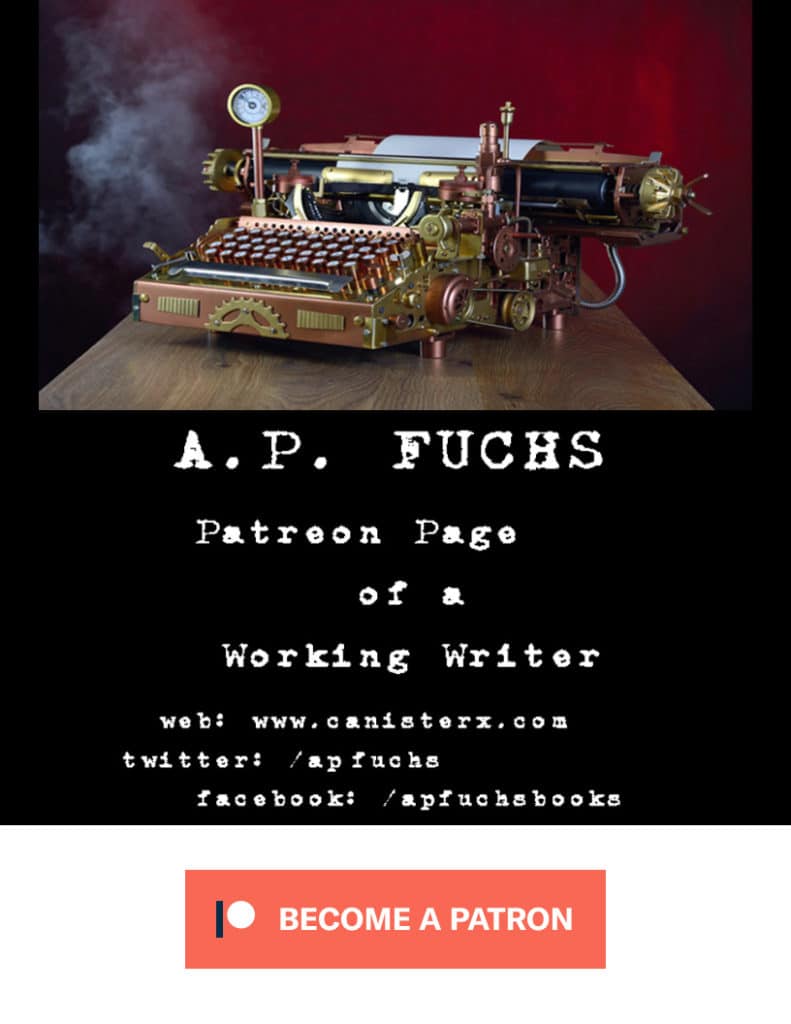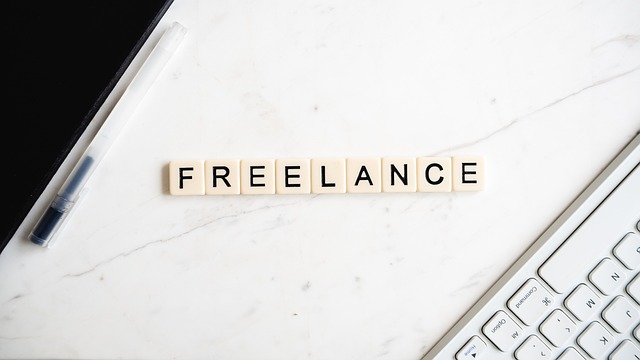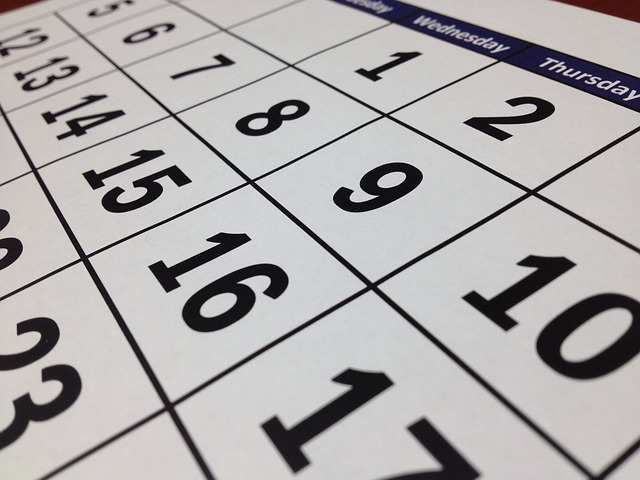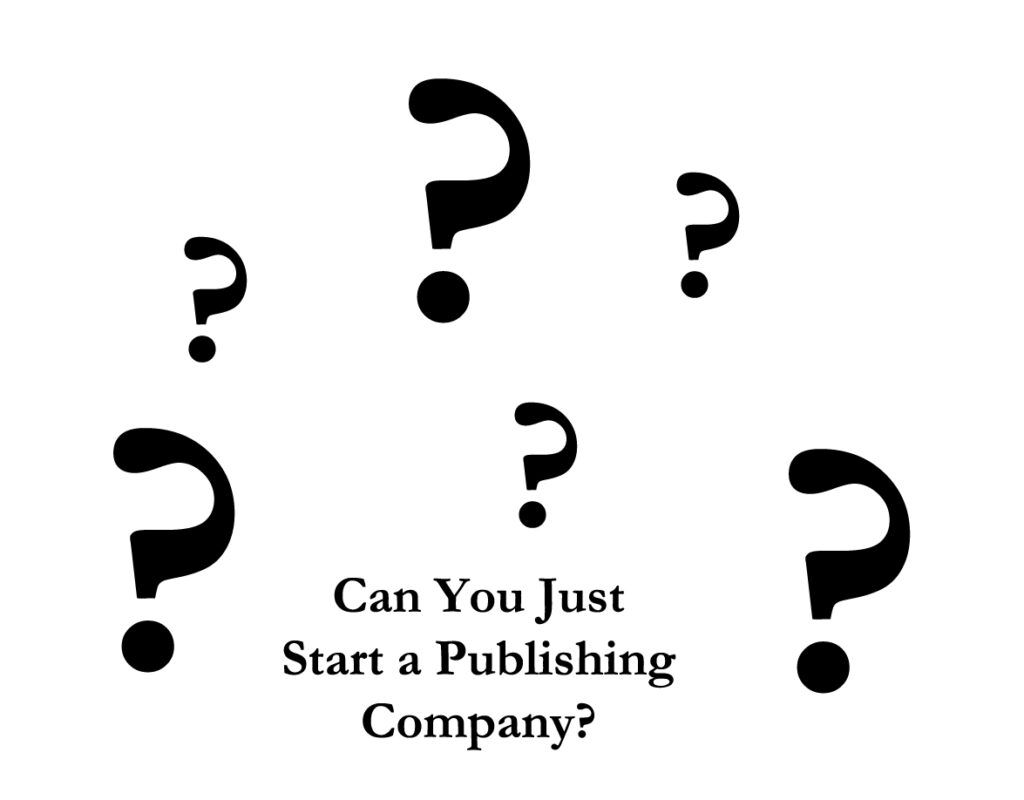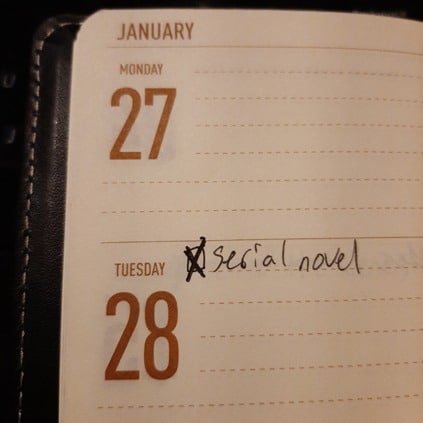
It’s been a long while since I wrote the daily schedule of a writer/artist (me, in this case). It might have been in one of the newsletters I sent out in the fall that I last talked about it. Might have been on the blog though I’m leaning toward the former. Anyway, regardless, a new layout of the schedule is probably due so here is what a typical day looks like for me at Axiom-man Central. Of course, like in any life, things happen that can throw a wrench into the following general workday. However, I stick to this schedule as the backbone of my whole operation and make time for it as able on days that get screwy. I’ve long advocated a schedule for creators as one of the important ingredients to making a successful career out of the arts.
Monday to Friday:
Wake up – Lately it’s been averaging between 8:30 and 9:30am. Next, roll around in bed for a short while to let the brain come online before checking the news.
Coffee – Go down to the bunker and turn the computer on. Go back up to the main level and get coffee while the computer is loading (older machine so takes a bit to warm up).
Patreon – On a day a Patreon post is scheduled, I do this first and get it done for my patrons. For example, today was the latest chapter of Gigantigator Death Machine so that was posted before writing this entry. Market Patreon entry.
Blog – Skip previous step if a non-Patreon day. Write and/or edit blog entry. Take any required picture(s) and post. Market blog entry and set up in the broadcaster a couple of extra notices about the latest entry to air throughout the day on the social feeds.
Break – Maybe around 15 or 20 minutes. Used to change mental gears. On the break I’ll either read something or play a game or fiddle with something around the house.
Email – Check email and respond, if needed/able to.
Work – Writing, drawing, editing, freelancing, book production, marketing, etc. Could be all of those or just one of them. Depends what’s on deadline and what isn’t. Work until 4 with a couple breaks thrown in there between tasks to rest the eyes and/or hands and get blood moving throughout the system. I’ve been trying to give careful attention to lunch because I get so wrapped up working I forget to eat then around 2 I start to feel real sick. A bad habit I’m working on. Back to the job: Pressing work is in my day planner so I consult it every morning so I know if I’ve set the day aside for something(s) specific. Whatever the day planner says I’m doing is priority one for the day. If the day planner shows the day as open, then I work on the next thing due. If things are due more or less around the same time, then I pick whatever I’m leaning toward at that moment.
End of day – Around 4pm. Start shutting things down; possibly do a couple small tasks that had to wait until the end of the work day for whatever reason (i.e. a quick marketing thing or a phone call or whatever).
Evening – Cooking is my thing so after the work day is done, I put on my chef’s hat and start thinking about what I want to make for dinner. This involves scoping out the deep freeze and scanning the pantry for ideas (though I usually start getting ideas mid-afternoonish). Then I cook dinner and let the day’s issues–if there are any–melt away. Once dinner is done, the evening is mine to do whatever with whomever (I usually hang out with author Melinda Marshall and this ranges from playing games to reading to TV to going for groceries, etc). On other nights, Melinda and I hang out with my boys.
Bed – 10pm or thereabouts.
Saturday:
Wake up – Somewhere between 9:30 and close to 11am.
Coffee – Enjoy a cup of coffee with Melinda.
Newsletter – Head down to the bunker to send Saturday’s newsletter.
The rest of Saturday and all of Sunday are days off, and it typically takes until late Saturday afternoon for me to put the week in my back pocket. Saturday evening and all of Sunday are used to do next to nothing and purposefully not think about work so my brain can heal from the week and be sharp for the week to come.
And that’s what a typical week looks like here in the Great White North.
To touch on what I said above about this schedule being the backbone on days things don’t go as planned, on such days I still let this overall schedule float in the background of my mind so that when a window of time opens up amidst that particularly goofy day, I can still do what needs doing or at least get a start on those things so the day isn’t a wash.
Right now, this schedule works well and hasn’t changed much since I last talked about it. It will no doubt change somewhere down the line since life isn’t stagnant, but this method works for the time being.

